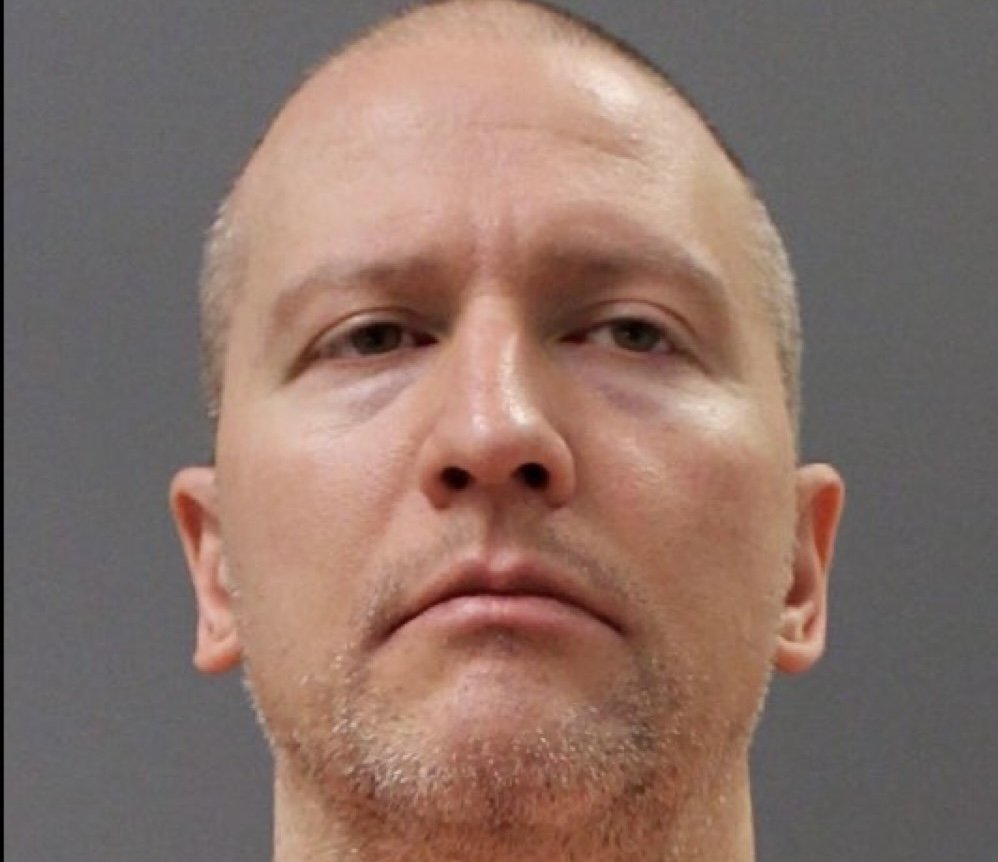The recent revelation about the inmate who stabbed Derek Chauvin sheds light on a disturbing incident that carries layers of symbolism and motivation. According to NBC News, the assailant shared with federal prosecutors that he intentionally chose the day after Thanksgiving, commonly referred to as "Black Friday," to carry out the attack on Chauvin. The motivations behind this choice were deeply rooted in symbolism associated with the Black Lives Matter movement and the notorious "Black Hand" symbol of the Mexican Mafia.
The timing of the attack, occurring on the heels of Black Friday, appears to carry a deliberate message. Black Friday is a day synonymous with consumerism, marked by shopping deals and holiday discounts. Choosing this particular day for such a violent act against Derek Chauvin, the former Minneapolis police officer convicted in the murder of George Floyd, adds a layer of symbolism, aligning the attack with broader societal issues and movements.
The inmate reportedly linked his actions to the Black Lives Matter movement, a global movement advocating for racial justice and an end to police brutality. By selecting Black Friday for the attack, the assailant sought to draw attention to the ongoing struggle for racial equality, using this act as a statement against perceived injustices.
Furthermore, the connection to the "Black Hand" symbol of the Mexican Mafia adds another dimension to the incident. The Mexican Mafia is a notorious prison gang with a complex history, and its symbols often carry significant meaning within the gang's internal dynamics. The use of such symbolism suggests a deeper level of personal and cultural significance for the attacker.
As this revelation unfolds, it prompts discussions about the intersection of criminal justice, symbolism, and social movements. The attacker's decision to align his actions with broader societal issues raises questions about the impact of movements like Black Lives Matter on individuals within the criminal justice system and the ways in which they express their frustrations or grievances.
The symbolism behind the attack on Derek Chauvin serves as a stark reminder of the complex dynamics surrounding high-profile cases and the lasting impact they can have on individuals both inside and outside the criminal justice system. The incident adds another layer of complexity to the ongoing conversations about police accountability, racial justice, and the broader implications of such events in our society.










